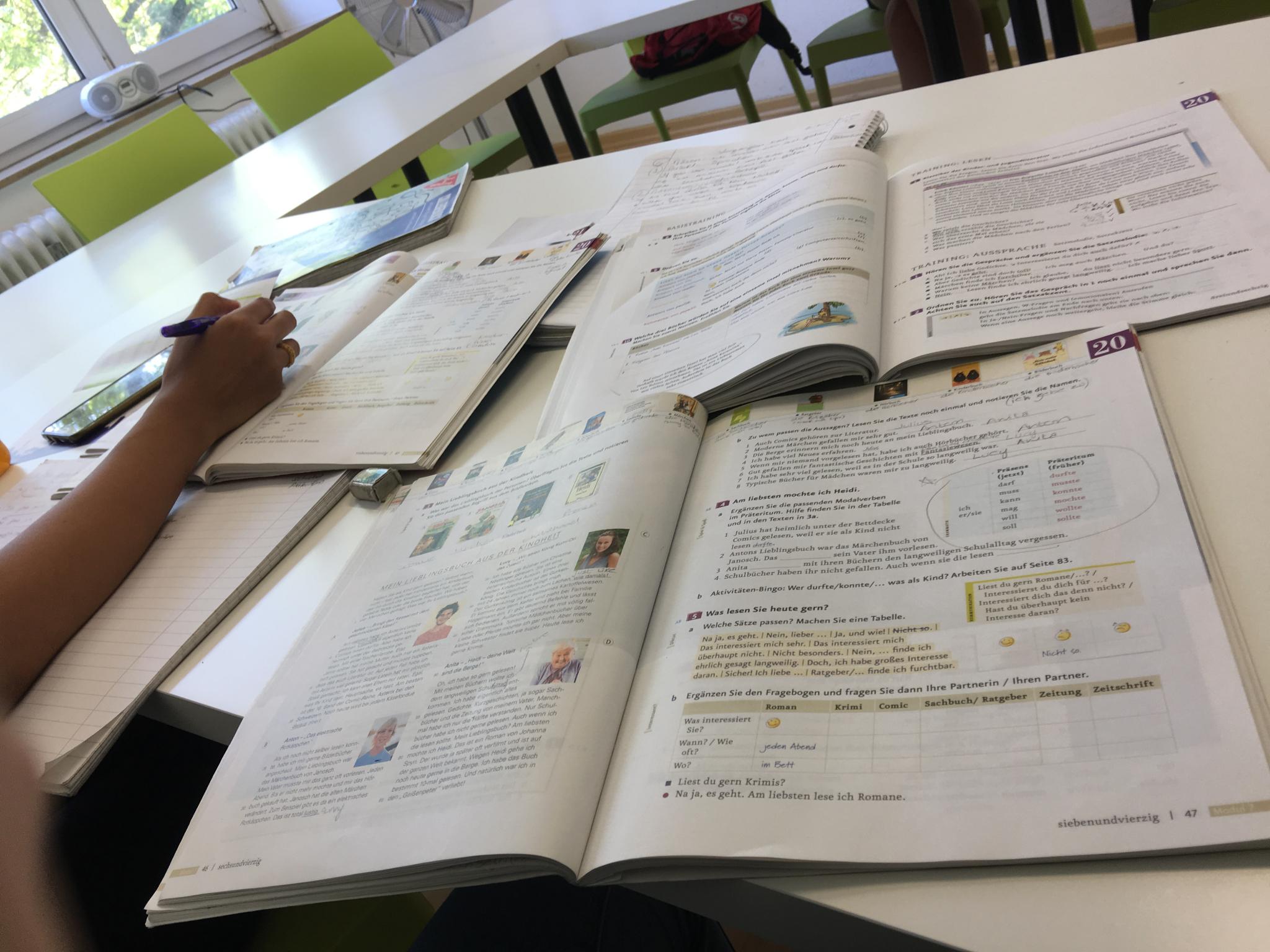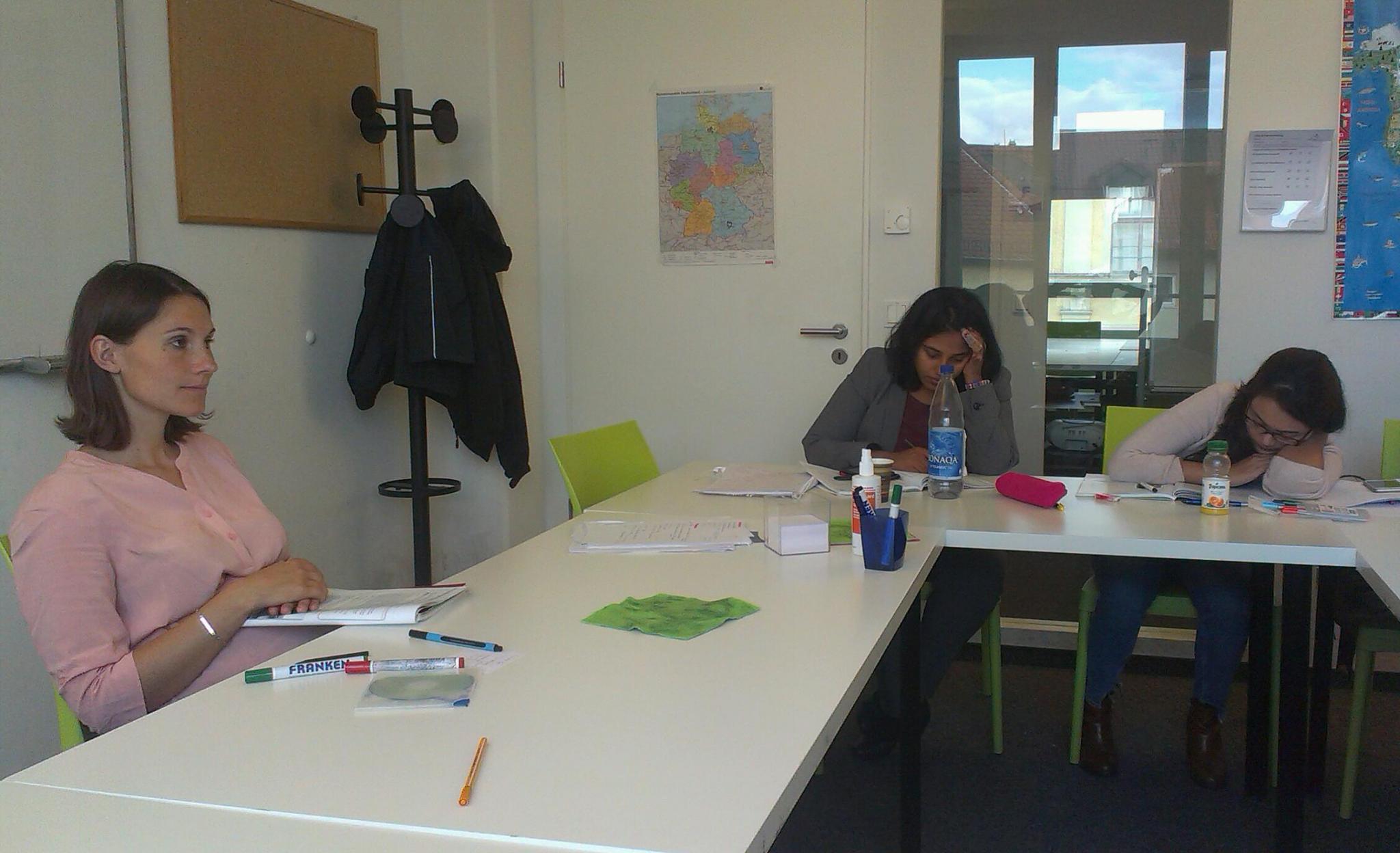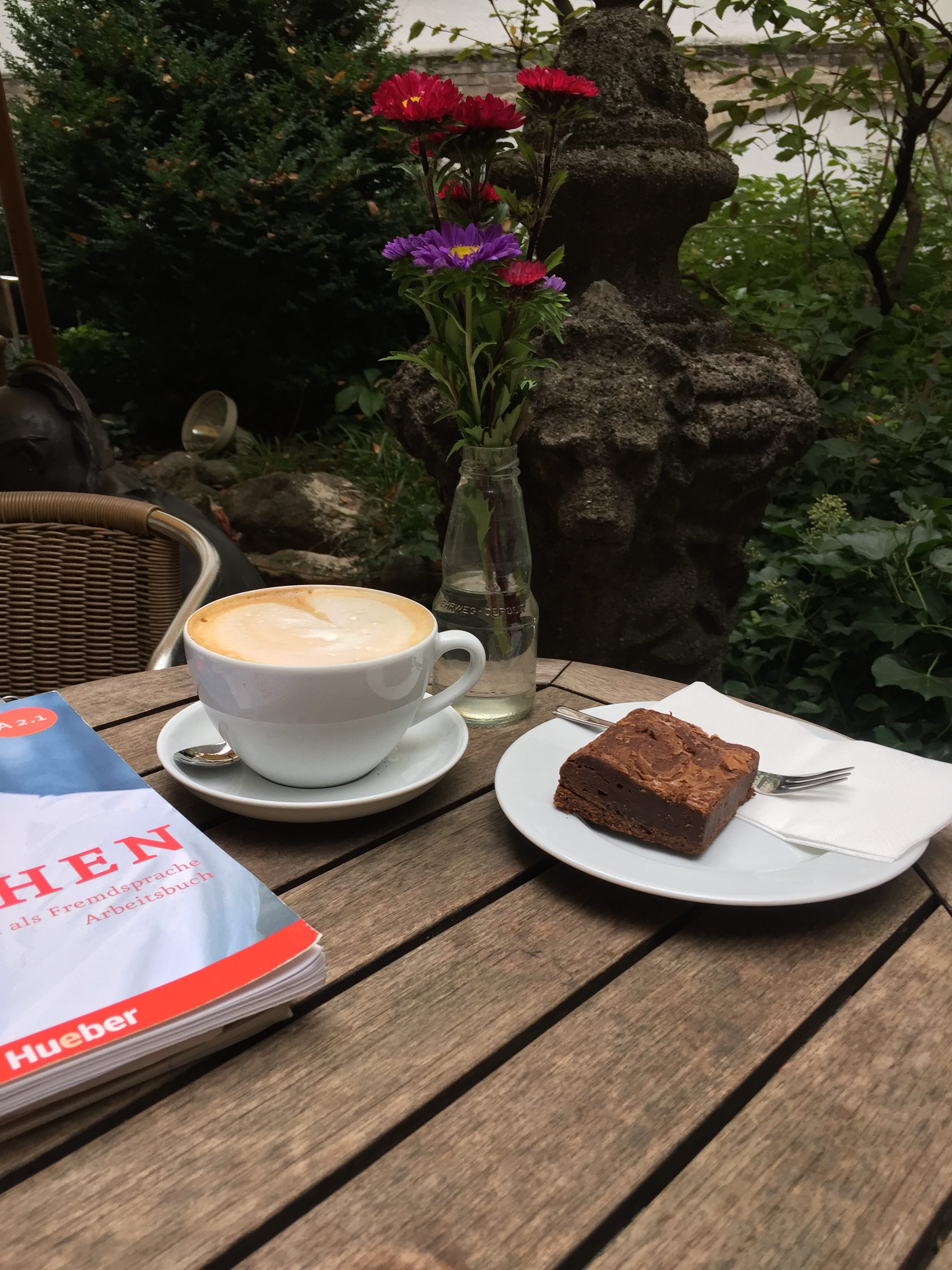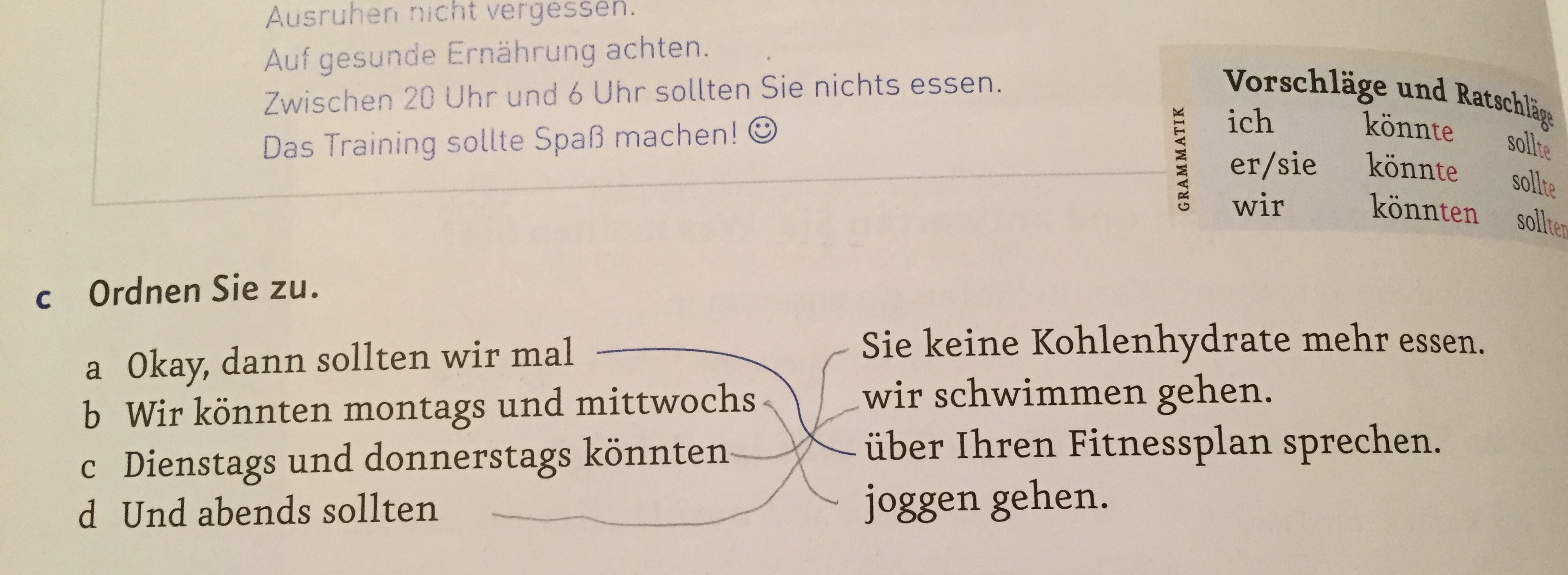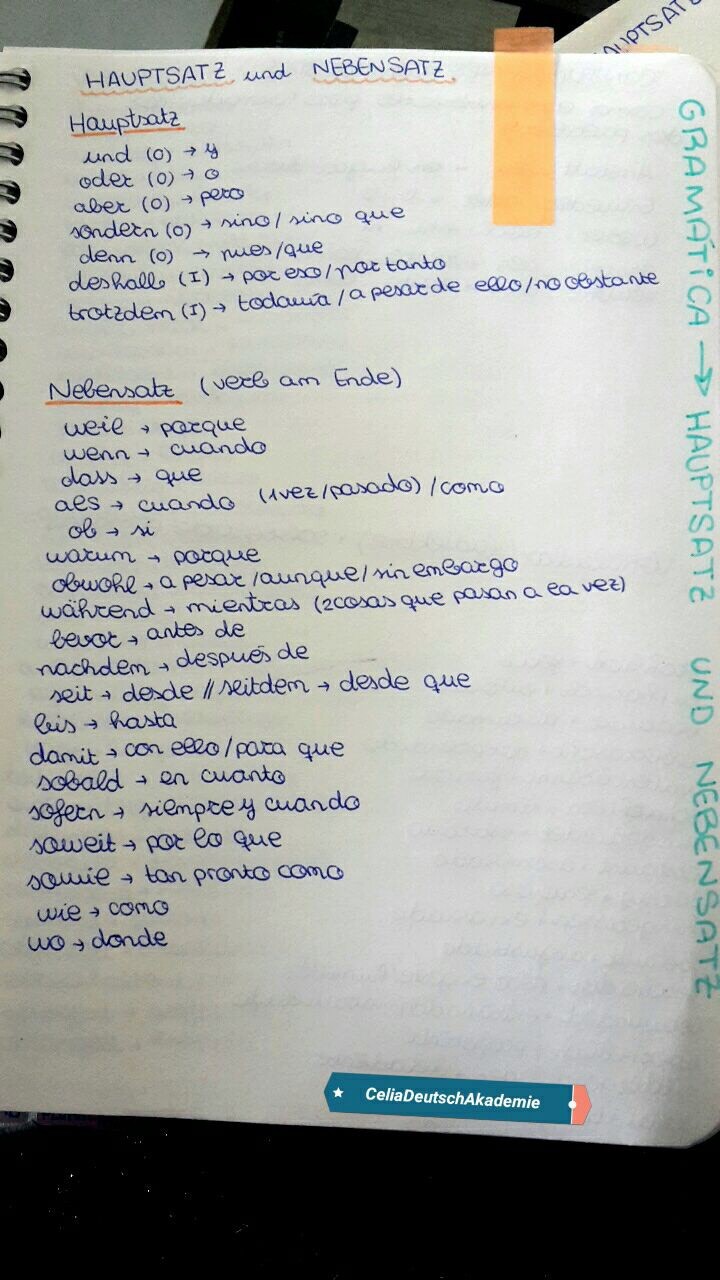Wow we finished A1.1 and started A1.2. So unreal!
A little about myself, your blogger for the month. 😊
I moved to Munich from NY with my partner with no German knowledge. After a couple of months of job search, I figured out that without German it’s hard to find a job in Germany. After a quick google search of the available schools teaching German in Munich we found out about DeutschAkademie.
The first month with our fabulous teacher went so fast! We had students from India, South Korea, China, Brazil, Bolivia, Chile, Poland and Russia and had a wide range of ages from 20’s to the 60’s. So don’t let your age or ethnicity stop you from taking the course. The classes are all in German but our teacher was multilingual. Our A1.1 class ended with an amazing snack break with our wonderful classmates. Comment below if you want to know what each item is!
A1.1 course finished last week and for the first time in a while we did not have any homework. A break which I could have utilized a little better studying German but I was busy applying for jobs and enjoying Tollwood summer festival. We left A1.1 by going over different forms of a verb in 1st, 2nd and 3rd person singular and plural. We also learned about regular and irregular and trennbare verbs. We also did nominative and akkusative forms in a sentence. We ended by going over sentences in Perfekt form (Present Perfect). Now I just have to transfer it to my brain, easy huh!

Sudeep

